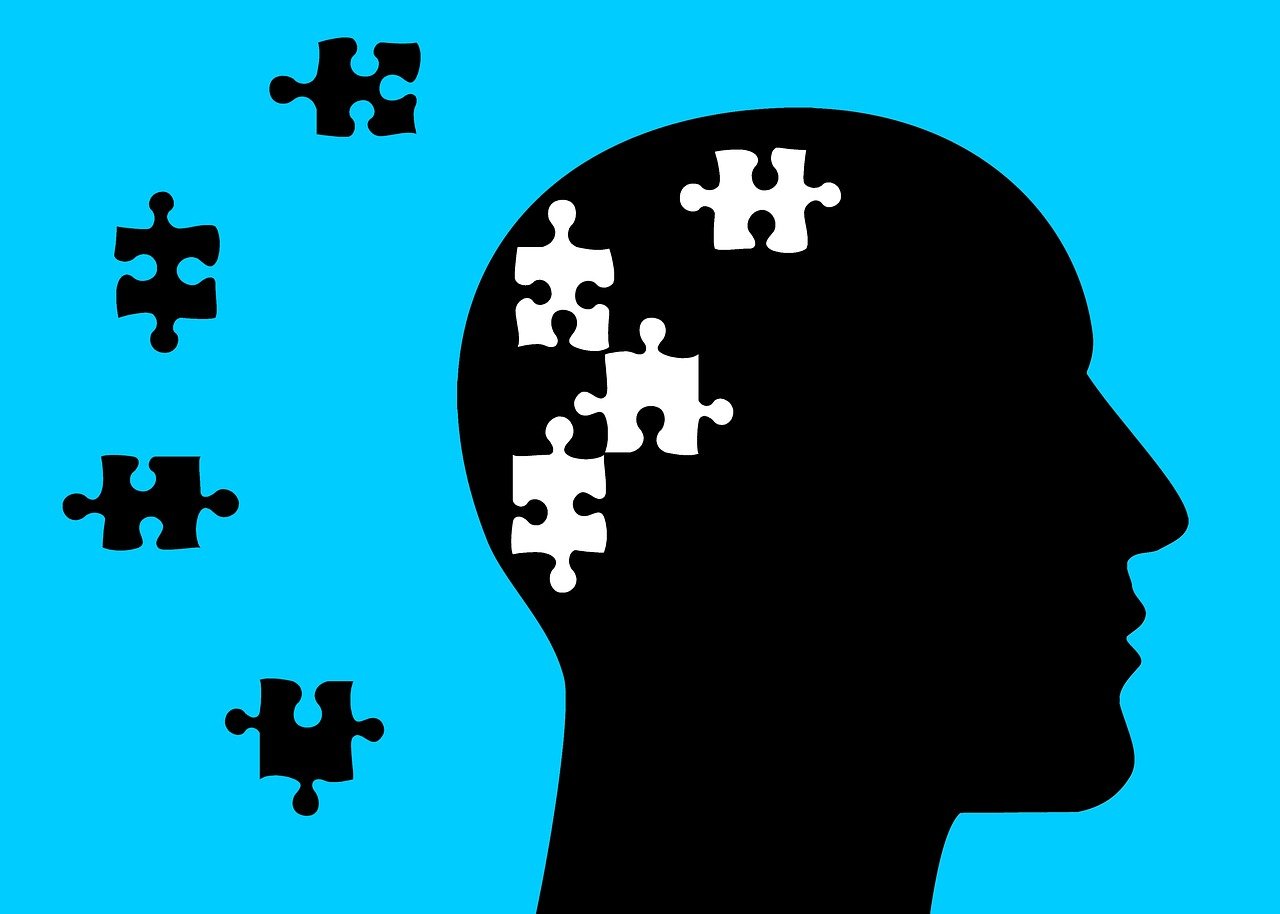
Easy (and FREE) Ways to Improve Memory
In a way, our memory is us.
What we remember and what we’re able to recall dictates what decisions we make and also helps us make sense of the world around us.
That’s why it can be so traumatic when our memory starts to fade. We essentially become someone else, someone we don’t even recognize and that others don’t recognize either.
Because our cognitive function and memory in particular are so important to a life well lived, Dr. Lantelme created a program called Brain Save which is a comprehensive program filled with lifestyle, dietary and supplement advice for achieving perfect brain health.
I fully believe in the value of the Brain Save program, and I think almost anyone could benefit from it.
However, I wanted to talk about some easy and free things you can do starting now that will help to enhance your memory before the Brain Save program becomes necessary.
Check them out…
5 Ways to Improve Memory That Work (and Are Easy)
When you think about improving your memory you may be tempted to believe it’s an arduous task to boost brain power.
It’s not, and in fact, you can start doing many of these things today.
1 - Eat Foods that Fight Inflammation:
Inflammation in the body and especially in the brain is one of the major contributing factors to brain-wasting and memory loss.
That’s why eating foods that help to minimize inflammation is a key factor in helping protect memory.
Now, this particular method for improving memory is not free (unless you grow all of your own vegetables and animal products) but it is easy to introduce and stick to.
Essentially what you want to do when you eat in this manner is avoid artificial ingredients of all kinds, as well as avoid eating overly inflammatory natural products (like omega-6 fatty acids, sugar, etc.), and begin to focus on eating foods high in free-radical fighting antioxidants as well as inflammation lowering fats (Omega-3, CLA, mono-unsaturated fats) and more.
Interestingly enough, eating in this way has been named the MIND Diet which stands for Mediterranean-DASH Intervention for Neurodegenerative Delay. The MIND Diet is a cross between the popular Mediterranean diet and the DASH (Dietary Approaches to Stop Hypertension) diet.
Scientific evidence including a 2021 study supports the claim that adhering to a diet like the MIND diet could help you preserve brain integrity and memory recall.
If you want to learn more about what kinds of foods to eat when it comes to eating an anti-inflammatory diet looking through the many articles I’ve written on vegetables, meat, dairy and more will give you a clue as to how to eat.
But, the easiest way to sum it up would be this way.
> Eat fatty cuts of organic and pasture-raised meats, eggs, and dairy.
> Eat wild-caught fatty fish.
> Taste the rainbow (as it relates to vegetables and fruits)
> Avoid almost all things artificial and processed.
2 - Keep Your Brain Active:
One of the reasons many Americans suffer from memory-related issues is that they’re not using their brains.
Here’s what I mean.
The vast majority of Americans don’t eat well, and they don’t feed their brains well either.
Failing to learn new things and test the limits of the mind, and instead, being content to watch TV for hours on end and live passively actually causes the brain to waste away (use it or lose it).
The good news is it’s free (and somewhat easy) to challenge the brain to learn more and in the process, it is good for memory recall and formation to practice this pursuit.
The entire process of testing and expanding the mind is called neuroplasticity, and we see that when it is incorporated into your daily regimen it can produce a whirlwind of brain-related benefits.
So, what constitutes neuroplasticity training?
Essentially anything that causes you to concentrate and ask for a fair amount of mental effort.
Examples would be:
- Crossword puzzles
- Learning a new language
- Playing advanced board games
- Playing golf
- Yoga
- Choreographed dance
- Reading advanced novels
And much more.
If it “hurts your brain” in the funny sense of the saying… or if it is hard for you to do and produces some enjoyment then that is the kind of task that enhances neuroplasticity and can make your brain that much healthier.
3 - Exercising Regularly:
I love writing about exercise and insisting that people do it if they’re physically capable. I don’t know if there’s one thing (other than eating) that can have such a profound and holistic effect on the body.
And when it comes to mental health, exercise is key.
Studies indicate that exercise can have the following effect on the brain.
- Stop and even reverse age-related changes in the hippocampus.
- Help get more oxygen to the brain via improvements in circulation
- Stimulate multiple growth factors and neuronal connections in the brain which enhances neuroplasticity
- Help reduce inflammation while improving the immune system.
- Suppress the risk of developing diseases like diabetes and cardiovascular disease that lead to brain damage.
- Help build resilience to stress that can have negative effects on neuronal connections
- Leads to the release of endorphins that help fight depression.
As I mentioned, there are many free ways to help improve brain health, and exercise is one of those.
Something as simple as brisk walking or jogging can get you on your way to these benefits.
But almost any kind of physical work can get you the benefits.
4 - Work on Developing Solid Relationships:
The relationships you invest in and allow to influence you can have either positive or negative effects on both your mental state and your mental health.
Dr. Axe writes about how relationships can positively affect brain health:
“Studies show that meaningful relationships in one’s life and a supportive social circle can actually help defend the brain against damage, since these decrease loneliness, a form of psychological stress.
To boost your mood and brain function, make an effort to maintain relationships, and reach out to others often. Try finding a community that you can actively engage in, such as a church or faith group, fitness center, sports team, volunteer organization, etc.
Laughing with others, as well as physical affection, can help release “happy hormones,” such as oxytocin, that can aid in cognitive health.
Intentionally seek out and spend time with positive people. Playing with children and pets is another great stress-reducer that can make life more playful and help you take things less seriously.
Here’s a tip: If you find it difficult to keep up with an active social life and remember events, try staying organized with help from calendars, planners, maps, shopping lists, file folders and address books. Doing these types of things is associated with enhanced memory among older people.”
5 - Prioritize Sleep:
If there’s one thing on this list that is free, easy, and also just feels great, it’s sleep.
Prioritizing sleep is one of the smartest things anyone can do for their health and their memory.
This is because when you take advantage of all the other things we’ve talked about here and build on a base of neuroplasticity the time you take to sleep at night helps the brain repair so that it can prioritize memory formation and retention.
Prioritizing sleep in this day and age can be tricky, but it will be well worth it.
As I mentioned in my article about circadian rhythm, there is a lot that can be done to help you sleep well, and experience restorative rest, but here are just a few examples of ways to get better sleep that will help improve your memory.
- Block blue light at night
- Create and stick to a schedule
- Avoid eating within 4 hours of sleep
- Use white noise while asleep
- Consider taking melatonin
- Exercise earlier in the day
- Take more naps (especially after you learn something)
By making sleep important to you there’s a good chance your memory will never leave you.



